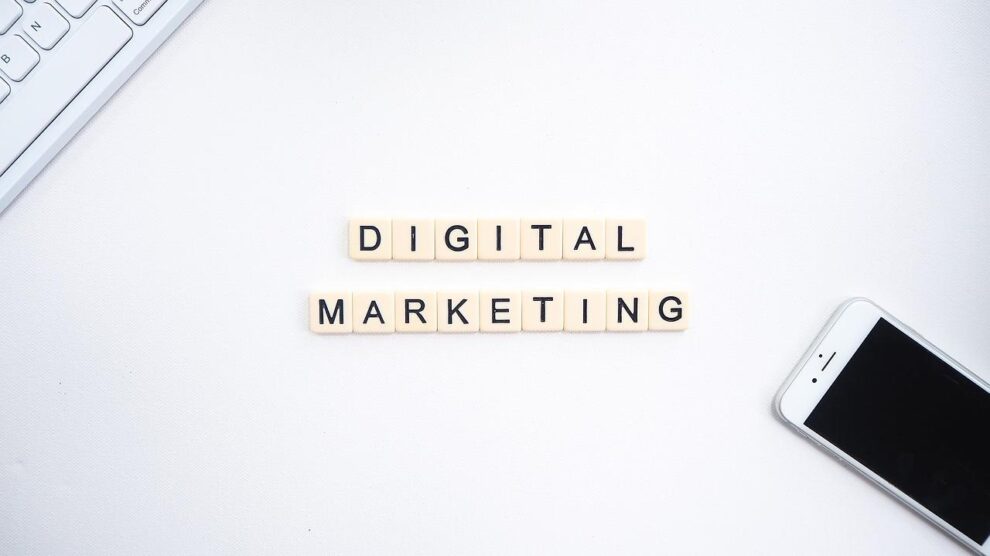The mention of marketing most likely brings to mind relatively modern industry elements such as digital advertising, data analysis, social media activity and brand awareness. Although these elements are all commonplace in today’s marketing world, the true concept of marketing existed long before their time. Accomplished corporate entrepreneur Jeff Yapp provides a comprehensive overview of technology and its impact on marketing.
History of Marketing
Since the concept of capital gain first appeared, marketing has existed as a means to increase sales. It is defined as the promotional efforts surrounding a product or service. In other words, the pure concept of marketing itself predates most of the technology we now use to define it.
The notion of marketing as we know it today first took shape in the mid-1900s. Due to a boom in business, many industries of this era experienced a massive increase in competition. This created the need for focused, competitive strategies that set brands apart from their competition and allowed them to effectively appeal to the public. With time, businesses found that effective branding, communication and advertising ultimately allowed them to turn over larger profits.
Not shockingly, implementing the innovation of cutting-edge technology has almost always been the best way to achieve these goals. Take for example the first color TV ad that ran in the UK back in the late 1960s: all other ads quite literally paled in comparison, arguably making it the most effective and memorable television advertisement of its time.
Since then, technology has continuously been placed at the forefront of the world’s most effective marketing strategies, there’s no sign of the trend ever changing. These days, it is impossible to constructively analyze the field of marketing without considering technology as the most defining factor.
The Invention of the Internet and Social Media Marketing
The most momentous event in the history of the relationship between technology and marketing came with the invention of the internet. This gave way to the popularization of the personal computer, which eventually lead to the widespread use of smartphones social media applications.
Now, there are more ways than ever to market a product or service. Social media users both intentionally and unintentionally consume ads and other branding material on platforms like Instagram, Snapchat, Facebook and Twitter. There are also more tools and technologies geared towards marketing than there ever have been previously. This is due almost entirely to an overall advancement in technology.
Search Engine Optimization
Often abbreviated simply as SEO, search engine optimization is the practice of optimizing content (such as articles, blogs, videos or other content) to show up on Google and Bing searches. Though other factors come into play, SEO efforts work largely by strategically placing specific keywords in the body, headings or titles of a piece of content. These days, it is one of the most integral forms of digital marketing and can be used to boost a business’s visibility.
If a business can rank well on search engine results, its website will get more traffic. In most cases, more traffic equates to more customers and an increase in profit. In short, SEO has given marketers a way to reach mass audiences never before possible.
Voice Search Optimization
The appearance of voice search optimization is another excellent example of how technology determines marketing trends. In recent years, smart speakers and voice assistants have become increasingly popular. As programs such as Siri become more prevalent and products like Amazon’s Alexa fall drastically in price, there is an increasing demand for content that is optimized for voice searches.
Much like SEO, voice search optimization aims to increase a website’s or product’s chance of appearing as the top result of a voice search. Like SEO, it does this through the conscious use of keywords and a recognition of how an individual is inclined to verbally word a search query.
Now, voice technology allows individuals to order Amazon products and even Domino’s pizza deliveries through simple verbal commands, meaning that higher-ranking search results will translate directly to purchases. In this way, the technological development of these voice technologies is slowly revolutionizing how many products and services are marketed.
Social Media and Influencer Marketing
The increasing popularity of social platforms has changed how the world consumes media, which has in turn determined how effective marketing best targets audiences. Perhaps the most unusual and surprising marketing trend which has appeared as a direct result is the emergence of influencer marketing.
Influencer marketing is a form of marketing which uses influential individuals (such as high-profile artists, models, celebrities, or other individuals with high follower counts) to promote a product or service. It occurs on both a small and large scale and is shown to be overwhelmingly effective.
Its success can be attributed at least partly to the influencers real (or perceived) authority and elevated social status. It combines the power of word-of-mouth marketing with the extended reach of social networks for a marketing method that is both widespread and highly personalized. Without personal technology like smart phones or social media platforms like Instagram, influencer marketing could never exist.
Artificial Intelligence
Artificial intelligence (often referred to simply as AI) is one of the most impactful technologies changing the modern world of marketing. It refers to computer programs that are designed to perform tasks that had previously required human intellect. AI programs are often capable of educated decision-making, voice recognition, visual perception, and other impressive tasks. It is most commonly seen in chatbot programs, data collecting software, and other analysis-related programs.
While AI is also being used on the external side of marketing to enhance customer support and experience, it’s most prominent impact has come from its analysis capabilities. Using AI, marketing companies are now able to translate data (such as search history, purchase patterns, and other factors) into meaningful marketing information. This information helps companies target potential customers and effectively appeal to them.
As technology advances, more data is created. For example: the popularization of online shopping leads to more extensive purchase histories, more engagement with social media platforms leads to detailed consumer profiles, and increased use of search engines provides valuable customer insights. As we find more ways to engage with technology, more data is created. As more data is created, AI will become even more effective and in-demand.
Jeff Yapp on Technology and Marketing in Years to Come
These days, technology is evolving at a faster pace than ever before; it’s changing the world of marketing with every step. As we find new and different ways to engage with technology and each other, effective marketing continually adapts to better target its audience. In short, marketing has always been a field which capitalizes on the ever-changing advancement of technology, and it shows no signs of stopping in the years to come.





